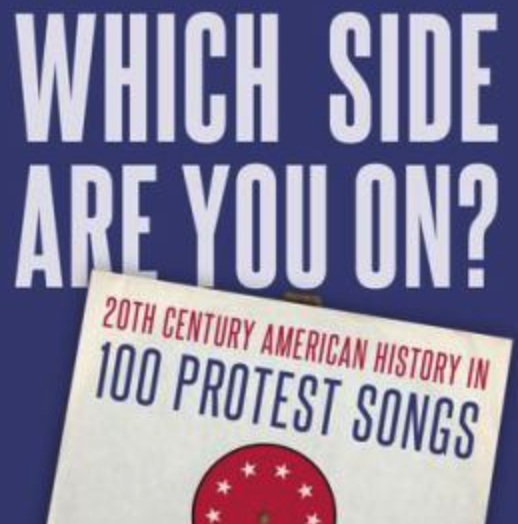For as long as music has been around people have used it to express their thoughts, feelings, and opinions. Music allows us to express ourselves in a way that speaking or writing cannot. It serves to connect people and bring them together through song and harmony—what better way to protest than to use music to join others to a common cause. Music allows us to express the extreme feelings that lead to protest. From creating rhythmic chants to singing melodic songs, music enables humans to address issues that words alone cannot. There are many ways music can play a role in the world of protest, often on all sides of an issue. As these protest songs live on long after the movements are over, they remind us of that time, and why they were necessary. Protest songs are a great wealth of knowledge that can inform us about the time in which they were inspired.
Recent Posts

NIU Mariachi and Ballet Folklorico to perform at White Sox Mexican Heritage Night

More Amor, featuring Bobby Broom reaches #1 on Jazz Week’s charts

Theatre and Dance’s Tracy Nunnally serving as flying director for Paramount Theatre’s Cats

Help send NIU students to Turkey to study theater!

Theatre and Dance’s Marc Macaranas present’s STEM Cafe on Dance, Movement and Media

Commencement profile – Jalen Charles, Master of Music

Commencement profile – Chanel Antoshin, Music Education and Flute Performance

CVPA announces first six Simpson Schatzle Fellows

Ethan Cowburn selected for The Kennedy Center’s Access/VSA International Young Musicians Program

Dance Concert opens April 24 in Black Box Theatre

